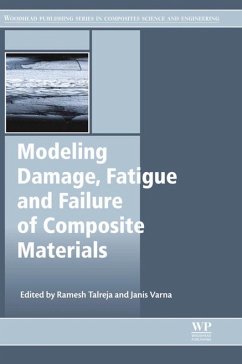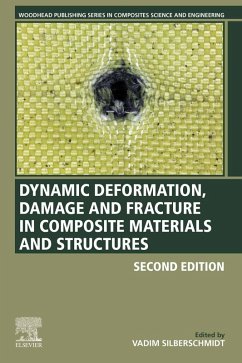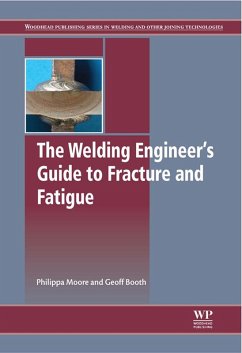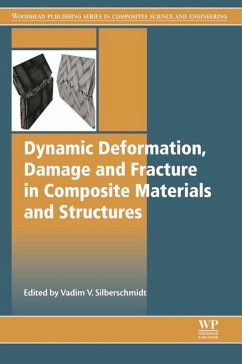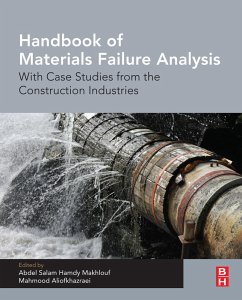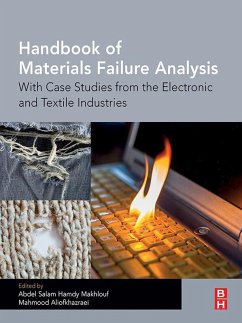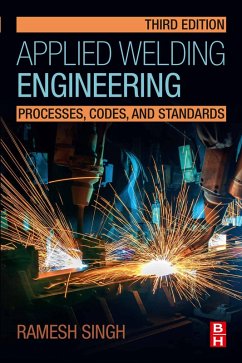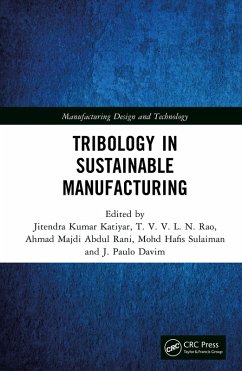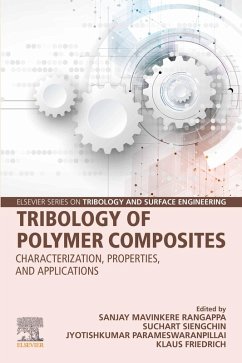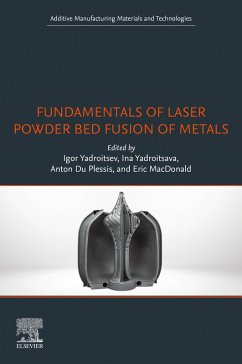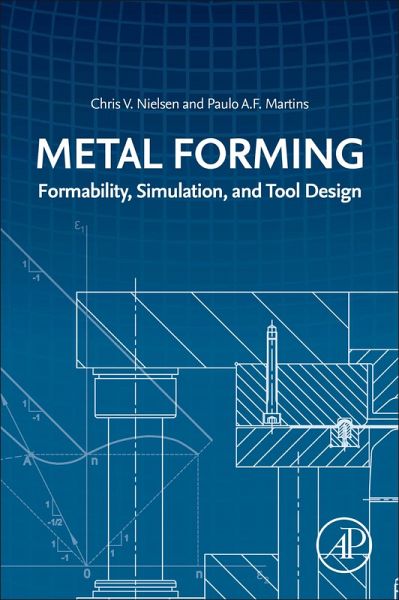
Metal Forming (eBook, ePUB)
Formability, Simulation, and Tool Design
Versandkostenfrei!
Sofort per Download lieferbar
127,95 €
inkl. MwSt.
Weitere Ausgaben:

PAYBACK Punkte
64 °P sammeln!
Metal Forming: Formability, Simulation, and Tool Design focuses on metal formability, finite element modeling, and tool design, providing readers with an integrated overview of the theory, experimentation and practice of metal forming. The book includes formability and finite element topics, including insights on plastic instability, necking, nucleation and coalescence of voids. Chapters discuss the finite element method, including its accuracy, reliability and validity and finite element flow formulation, helping readers understand finite element formulations, iterative solution methods, fric...
Metal Forming: Formability, Simulation, and Tool Design focuses on metal formability, finite element modeling, and tool design, providing readers with an integrated overview of the theory, experimentation and practice of metal forming. The book includes formability and finite element topics, including insights on plastic instability, necking, nucleation and coalescence of voids. Chapters discuss the finite element method, including its accuracy, reliability and validity and finite element flow formulation, helping readers understand finite element formulations, iterative solution methods, friction and contact between objects, and other factors. The book's final sections discuss tool design for cold, warm and hot forming processes. Examples of tools, design guidelines, and information related to tool materials, lubricants, finishes, and tool failure are included as well. - Provides fundamental, integrated knowledge on metal formability, finite element topics and tool design - Outlines user perspectives on accuracy, reliability and validity of finite element modeling - Discusses examples of tools, their design guidelines, tool lubricants, and tool failure - Considers the role played by stress triaxiality and shear and introduces uncoupled ductile damage criteria - Includes applications, worked examples and detailed techniques
Dieser Download kann aus rechtlichen Gründen nur mit Rechnungsadresse in A, B, BG, CY, CZ, D, DK, EW, E, FIN, F, GR, HR, H, IRL, I, LT, L, LR, M, NL, PL, P, R, S, SLO, SK ausgeliefert werden.




